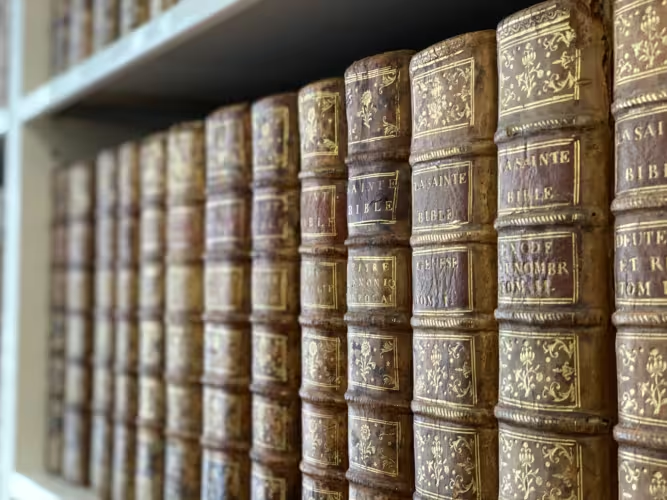When the founders of the United States declared freedom of religion in the United States they set a direction that broke from more than 1400 years of the Western tradition, which first only allowed one legal religion supported by the government, Catholic in the West, Orthodox in many nations east of Western Europe, and then Lutheran in Germany and Scandinavia, and Reformed in Holland and various cantons in Switzerland. It was difficult for people of those times to believe in an ordered society without a state-enforced religion. Then toleration was embraced in the nations of Europe. The United Kingdom embraced their Anglican state church but promoted toleration. State churches were favored with tax support but the non-state churches, sometimes called free churches, also flourished. Roger Williams in Rhode Island Colony founded the first true religious freedom state.
The United States Constitution promoted profound freedom with no favored national religion. There was a profound understanding of the importance of individual conscience. At the time of the founding, there was not much thought of other religions outside of varieties of Christianity and Judaism. There was general support for the Christian consensus for almost 200 years. Religious freedom implied including non-Christian religions and no religion at all. Abraham Kuyper, a Reformed theologian and politician, and the Prime Minister of Holland at the beginning of the 20th century expanded the ideas of religious freedom by thinking in terms of worldview and justice. For Kuyper, religious worldview freedom was very tied to education and being able to raise children in the context of one’s worldview, but of course, in support of the democratic values of Holland. This means equal support for public education through different schools reflecting different world views but required to teach the basics that all need to understand. These profound ideas influenced Northern European nations and still have an effect to this day.
However, the new woke movements of LGBTQ+, transgenderism, and critical race theory transgress religious freedom in ways that are historically unprecedented. Ideas of civil rights naturally expanded to include alternative lifestyles once the Western nations accepted alternative lifestyles as legal and the psychological and psychiatric medical associations removed these lifestyles from their categorization as mental diseases. None of this implies a necessary conflict with religious freedom as long as religious people can still minister and teach their standards and the power of God and spiritual counseling to enable people to conform to biblical norms. However, this freedom is being challenged.
Promoters of the new woke movements are not content with civil rights but are fostering a new faith confession, a religious level of affirmation that now violates the conscience of many who embrace traditional faith confession. This profoundly contradicts freedom of religion. When traditional faith people are required to work with a flag celebrating alternative lifestyles, then there is a violation of conscience. There is a requirement now that all must confess these alternative lifestyles as right and good. This violates, especially, biblical teaching. We now have lawsuits where artists are being pressured and even prosecuted for not creating art that celebrates alternative lifestyles. Workers are being pressured to work under a pride flag, including some who work in government agencies, work as firemen, and in police precincts. Plus, Diversity, Equity, and Inclusion, DEI, training pressures employees to embrace alternative lifestyles as good. These directions are profound contradictions to religious freedom and promote a new type of religious tyranny. There is a gray area when traditional faith people run businesses that are public accommodations and general services. They might think that their providing is promoting the sin of the customer. While some libertarians have defended those who do not want to provide such services, arguing that others are willing to provide them, this argument will not be upheld in today’s courts. However, cases have been won even in the Supreme Court, to free people from that which endorses and celebrates or requires using one’s creative art to represent or support alternative lifestyles.
However, we should be aware that today’s alternative lifestyle movements do not just seek civil rights and a live-and-let-live society. It is the commitment of many to marginalize and see the rejection of those who do not celebrate and embrace alternative lifestyles. This is one of the great civil rights battles of our time, the full civil rights of the people of traditional Christian and Jewish faiths, and perhaps the Muslim faith as well.
